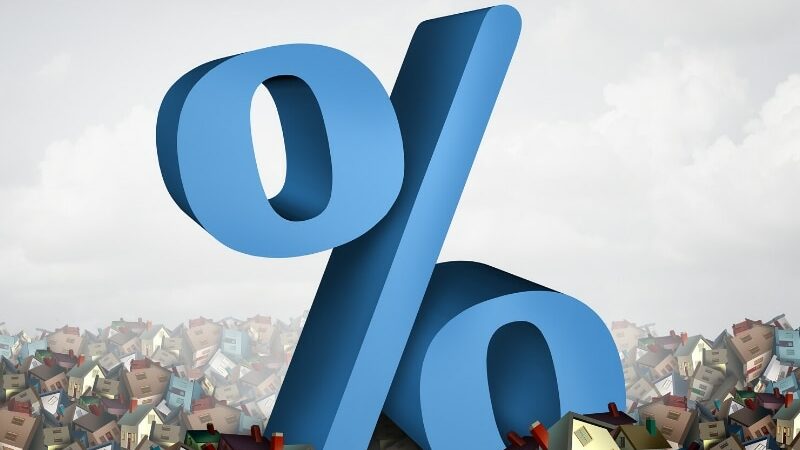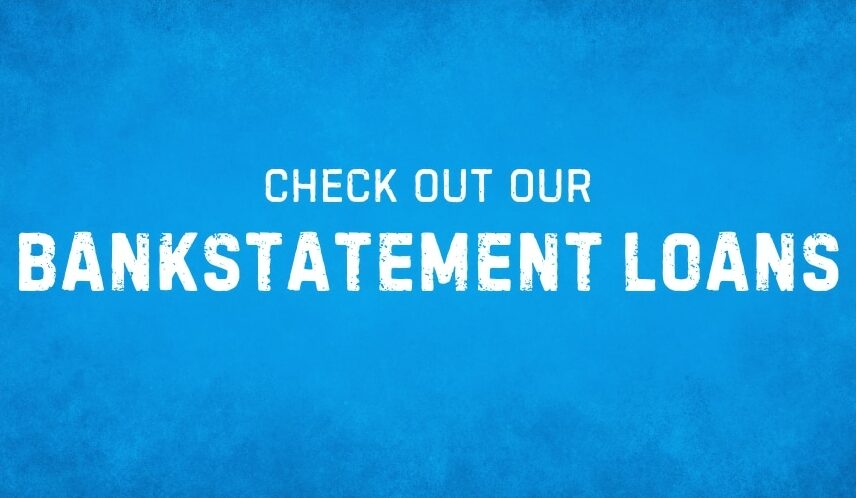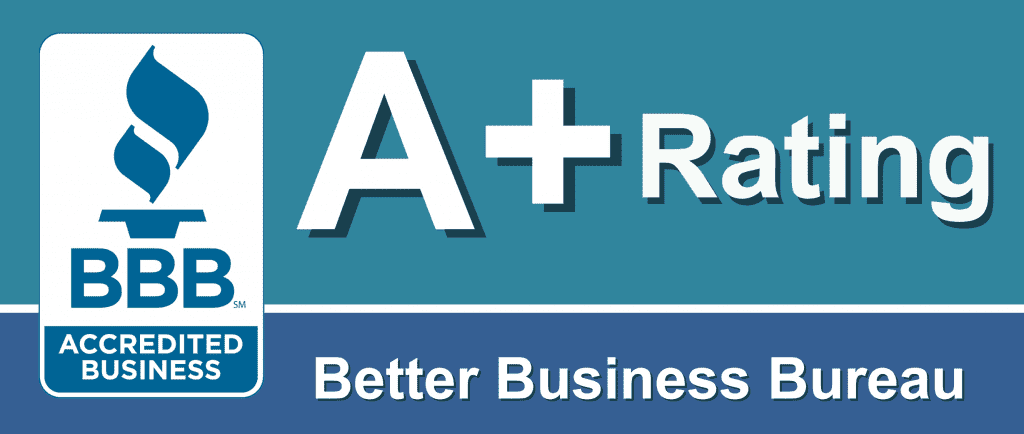
War, crisis, and mortgage rates….three words you usually don’t hear together.
When we have the potential for war, armed conflict, or an international crisis we are asked this question a lot:
How does war and crisis impact mortgage rates?
For people looking to purchase a new home or those looking to refinance a current mortgage, it’s an important question to ensure you lock in at the optimal time.
That being said; there are no simple/straightforward answers to this question. What I can do is provide some understanding of what generally happens so you can be better prepared to make a quick and decisive decision on how you want to proceed with your purchase or refinance.
Below I’ll cover what the market and mortgage rates typically do in various stages of a crisis, war or other international events, what to watch for and how to proceed if you are looking to complete a purchase or refinance of a mortgage.
Do You have a question or need a quote?
Contact KevinWe offer low rates, fast closings, and exceptional service.
The Most Likely Scenario
On January 2nd, 2020 the United States killed one of Iran’s top military and political figures (Qasem Soleimani). He was a much-wanted target due to the fact that he is directly responsible for hundreds possibly thousands of deaths including Americans.
On January 3rd, 2020 stocks sold off significantly, the Treasury market rallied and Mortgage-Backed Securities barely improved. And for those that are new readers; Mortgage-Backed Securities (MBS) are where mortgage rates originate. It’s a bond market with buyers and sellers trading groups of mortgages at various interest rate levels.
Back to the topic on hand, the response to the escalating tensions between the United States and Iran was very typical of past events. Stocks sell off, the Treasury market has a rush of new money and MBS barely moves.
I’ve been a Loan Officer for 17+ years and during that time this is what happens with bond markets and mortgage rates. Why? Because the rally in the Treasury market and the selloff in stocks is viewed as a temporary move so it’s rare to see MBS follow and less likely mortgage rates move.
Even if MBS rallied similarly to what happens in the Treasury market mortgage lenders will not pass along significant improvements in the short term. They don’t want to be in a position in which the “crisis” gets resolved and the market completely reverses in days or a few weeks. This kind of volatility is really bad for MBA and consumer mortgage rates.
What Needs To Happen To See Lower Rates
Two things probably need to happen before a war or other international crisis impacts mortgage rates.
Even if these two things are achieved, mortgage lenders will continue to be cautious with the interest rates they issue because once the war or conflict is resolved or reasonably under control the bond market, especially Mortgage Backed Securities, will sell off. Sometimes the move back up pushes higher than where they were prior to the event.
Here is what we need to see
- An escalation of tensions
- The conflict or crisis to last longer than a few weeks
In the case of what happened on January 2nd, 2020 we would need to see a significant response from Iran within the next week or two and the perception needs to be that the response from Iran will cause a long term conflict for the United States. At that point we may start to see mortgage rates move lower but don’t expect huge drops especially if mortgage rates are already near multi-year lows.
Do You have a question or need a quote?
Contact KevinWe offer low rates, fast closings, and exceptional service.
What Could Push Mortgage Rates Higher
This is a more difficult topic and not as straightforward. Focusing on the January 2nd event one thing that comes to mind is oil. With an event like this it’s expected that oil prices will rise and that’s ok.
Like the rally in the Treasury market, investors view the rise in oil prices as temporary. Why is this important? Because higher oil prices makes everything more expensive and when everything is more expensive inflation moves higher. Higher inflation is really bad for bonds and mortgage rates.
While a temporary move up is no big deal, even if it lasts for weeks, a super spike higher that last for an extend period of time (three to six months) could be a huge negative for mortgage rates. In previous Middle East conflicts there were fears of a “super spike” in oil prices and what that might mean for the economy and inflation.
How To Proceed
The best advice is this: if your current quote makes financial sense you should not hesitate to lock in terms and move forward. Far too many people try to time the market and most of those people end up losing out on the original terms they were quoted. The market can reverse much faster than it moved down.
Furthermore; if lenders are already swamped with business they have no incentive to lower mortgage rates even if the Mortgage-Backed Securities market improves dramatically. And that’s why you need to have a good discussion with a trustworthy Loan Officer and find out what’s going on in the marketplace and what level of interest, no pun intended, there is in current mortgage rates.
If your Loan Officer advises that most lenders are backed up because too many people are applying for a mortgage it’s almost a certain guarantee that you will see little to no improvement in the quoted terms until the lender can get a handle on all the applications. So be smart and lock in terms if those terms mean you are in a better financial situation.
















